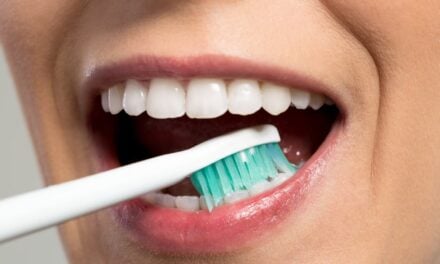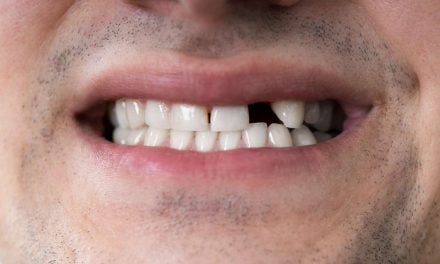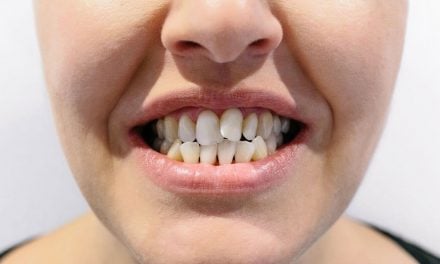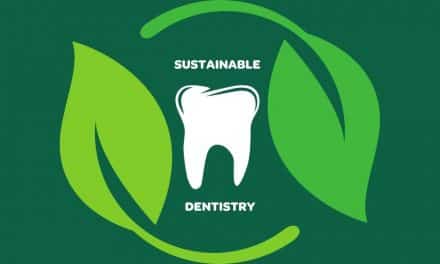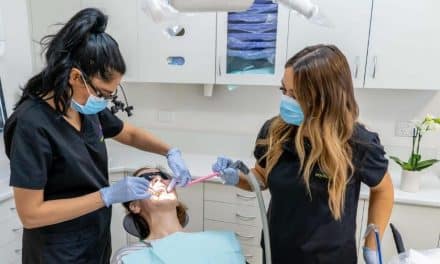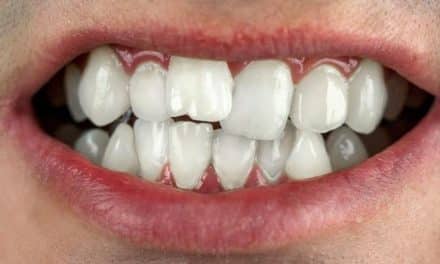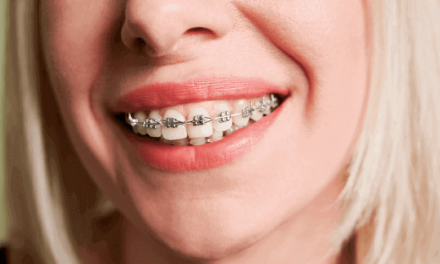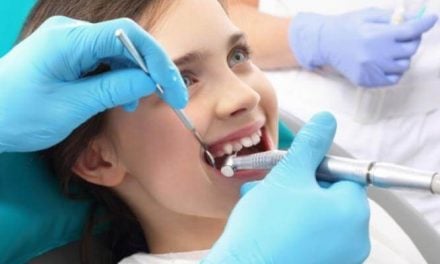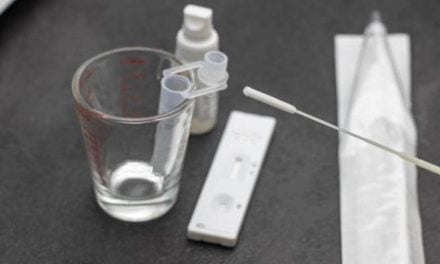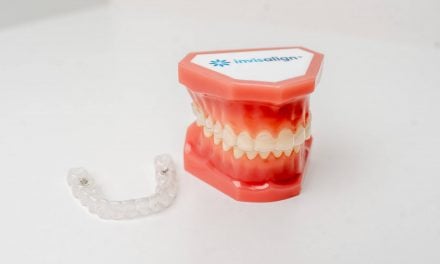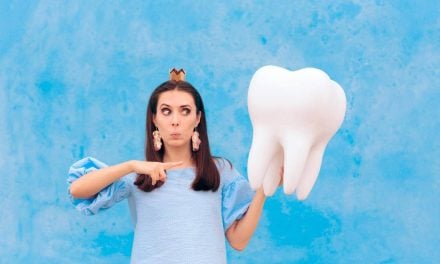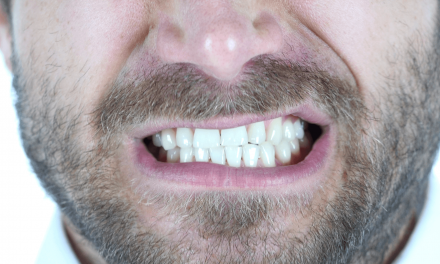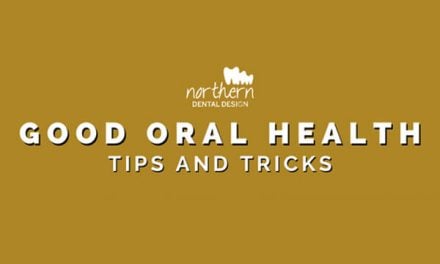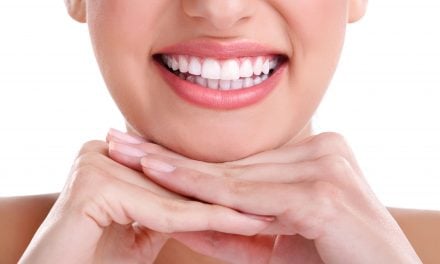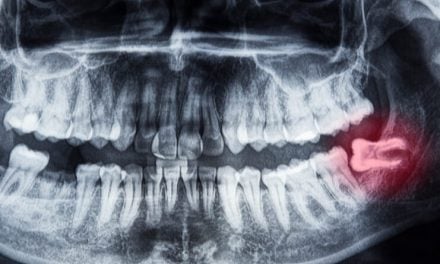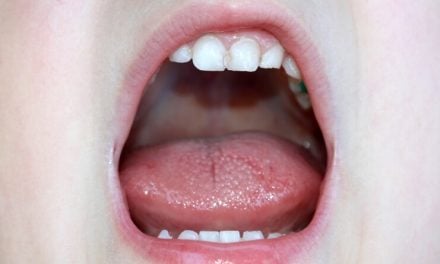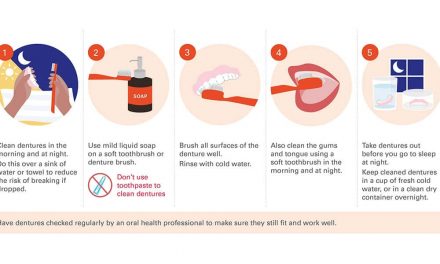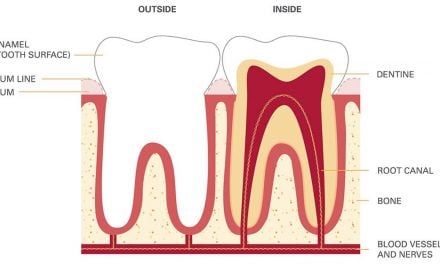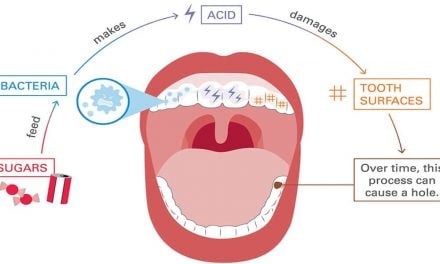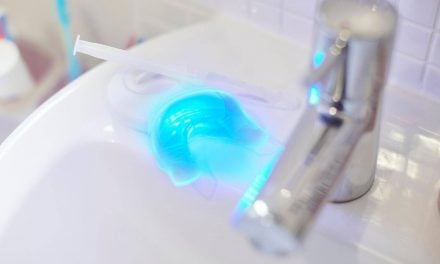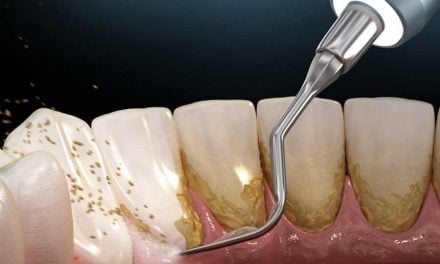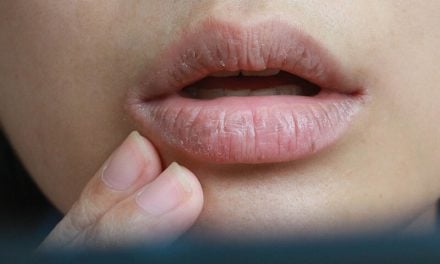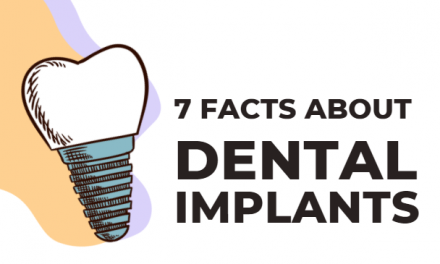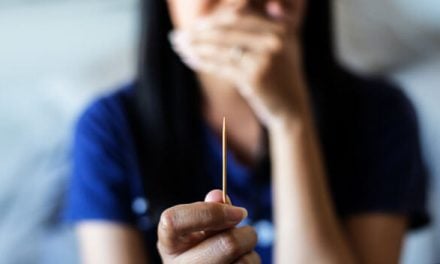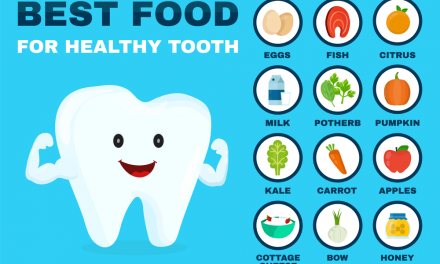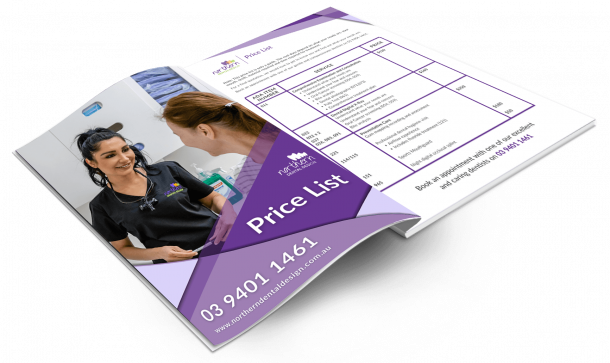Dental Health and Dry Mouth
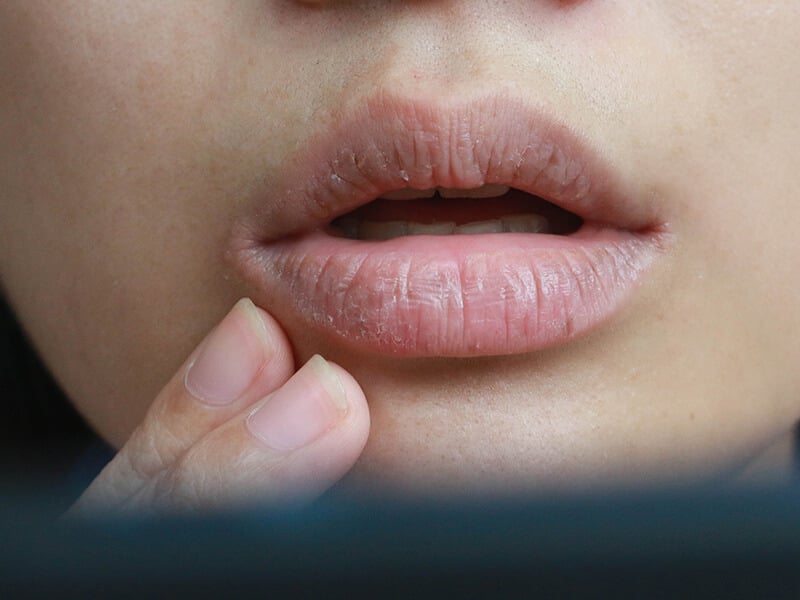
We all need saliva to moisten and cleanse our mouths and digest food. Saliva also prevents infection by controlling bacteria and fungi in the mouth.
When you don’t make enough saliva, your mouth gets dry and uncomfortable. Fortunately, many treatments can help against dry mouth, also called xerostomia.
What Causes Dry Mouth?
Causes of dry mouth include:
- A side effect of certain medications. Dry mouth is a common side effect of many prescription and nonprescription drugs, including drugs used to treat depression, anxiety, pain, allergies, and colds (antihistamines and decongestants), obesity, acne, epilepsy, hypertension (diuretics), diarrhea, nausea, psychotic disorders, urinary incontinence, asthma (certain bronchodilators), and Parkinson’s disease. A dry mouth can also be a side effect of muscle relaxants and sedatives.
- A side effect of certain diseases and infections. Dry mouth can be a side effect of medical conditions, including Sjögren’s syndrome, HIV/AIDS, Alzheimer’s disease, diabetes, anemia, cystic fibrosis, rheumatoid arthritis, hypertension, Parkinson’s disease, stroke, and mumps.
- A side effect of certain medical treatments. Damage to the salivary glands, the glands that make saliva, can reduce the amount of saliva produced. For example, the damage could stem from radiation to the head and neck, and chemotherapy treatments, for cancer.
- Nerve damage. Dry mouth can result from nerve damage to the head and neck area from an injury or surgery.
- Dehydration. Conditions that lead to dehydration, such as fever, excessive sweating, vomiting, diarrhea, blood loss, and burns, can cause dry mouth.
- Surgical removal of the salivary glands.
- Lifestyle. Smoking or chewing tobacco can affect how much saliva you make and aggravate dry mouth. Breathing with your mouth open a lot can also contribute to the problem.
What Are the Symptoms of Dry Mouth?
Common symptoms include:
- A sticky, dry feeling in the mouth
- Frequent thirst
- Sores in the mouth; sores or split skin at the corners of the mouth; cracked lips
- A dry feeling in the throat
- A burning or tingling sensation in the mouth and especially on the tongue
- A dry, red, raw tongue
- Problems speaking or trouble tasting, chewing and swallowing
- Hoarseness, dry nasal passages, sore throat
- Bad breath
Why Is Dry Mouth a Problem?
Besides causing the symptoms mentioned above, dry mouth also raises your risk of gingivitis (gum disease), tooth decay, and mouth infections, such as thrush.
A dry mouth can also make it hard to wear dentures.
How Is Dry Mouth Treated?
Treatment for dry mouth depends on what is causing the problem. Generally, treatment focuses on three areas:
- Managing other medical conditions
- Preventing tooth decay
- Increasing the flow of saliva, if possible
Managing Causes of Dry Mouth
If you think your dry mouth is caused by a certain medication you’re taking, talk to your doctor. The doctor may adjust the dose you’re taking or switch you to a drug that doesn’t cause dry mouth.
But if the medical condition causing the dry mouth can’t be changed — for example, if the salivary gland has been damaged or is a result of the disease itself, as with things like Sjögren’s syndrome, Alzheimer’s disease, and stroke — treatment will focus on ways to increase saliva flow.
Preventing Tooth Decay Due to Dry Mouth
Not only does saliva help digest food and make it possible for you to chew and swallow, but it is also a natural mouth cleanser. Without saliva, tooth decay and gum disease are more likely. If you have a dry mouth, to fight tooth decay and gum disease, you need to be extra careful about following good oral hygiene habits, which consist of:
- Brushing your teeth at least twice a day (but preferably more often), after every meal and before bedtime
- Flossing your teeth every day
- Using a toothpaste that contains fluoride
- Visiting your dentist for a checkup and cleaning at least twice a year; your dentist may recommend a daily fluoride rinse or fluoride gel to keep your teeth healthy.
Increasing the Flow of Saliva With Dry Mouth
If you have a dry mouth, your doctor may also prescribe an oral rinse to restore mouth moisture. You can get these products over the counter in a rinse or spray. And there are toothpaste, mouthwashes, and moisturizing gels just for dry mouth; ask your dentist or doctor about them. If that doesn’t help, they may prescribe a medication that boosts saliva production called Salagen. Another prescription drug, Evoxac, is FDA-approved to treat dry mouth in people with Sjögren’s syndrome, an autoimmune disease linked to dry eyes, dry mouth, dry skin, and muscle pain.
Finally, promising new treatments are being studied. Scientists are working on ways to repair salivary glands that have been damaged and develop an artificial salivary gland that can be implanted into the body.
What Can I Do to Manage Dry Mouth?
You can also try these other steps, which may help improve saliva flow:
- Suck on sugar-free candy or chew sugar-free gum, specifically ones with xylitol. Try to avoid acidic ones like a lemon that can soften teeth. Suck on ice chips or sugar-free ice pops. Never chew ice since it can damage your teeth. These sucking and chewing actions help stimulate saliva flow. But also keep in mind that even though they don’t have sugar, candies, ice pops, and gum may soften your teeth’s enamel. To reduce the risk of cavities and tooth wear, use them only in moderation.
- Drink plenty of water to help keep your mouth moist and loosen mucus. Carry water with you to sip throughout the day, and keep water by your bed at night.
- Brush with fluoride toothpaste, use a fluoride rinse, and visit your dentist regularly. Avoid commercial mouth rinses or mouthwashes that contain alcohol or peroxide. These ingredients will further dry out your mouth.
- Breathe through your nose, not your mouth, as much as possible.
- Use a room vaporizer to add moisture to bedroom air.
- Use an over-the-counter artificial saliva substitute.
- Moisten foods with broths, soups, sauces, gravy, creams, and butter or margarine. Eat soft, moist foods that are cool or at room temperature.
- Avoid salty foods, dry foods (such as crackers, toast, cookies, dry bread, dry meats/poultry/fish, dried fruit, and bananas) and foods and beverages with high sugar content.
- Avoid drinks with alcohol or caffeine (like coffees, teas, some colas, and chocolate-containing drinks). Alcohol increases water loss by triggering frequent urination. Alcohol, as well as caffeine, also dries out the mouth. Also, avoid acidic beverages, such as fruit juices (orange, apple, grape, grapefruit) and tomato juice.
To ease irritation linked with dry mouth:
- Limit spicy or salty foods, as these may cause pain in a dry mouth.
- Quit smoking.
- Use a moisturizer on your lips.
- Use a soft-bristled toothbrush on your teeth and gums; rinse your mouth before and after meals with plain water or a mild mouth rinse (8 ounces of water, ½ teaspoon salt, and ½ teaspoon baking soda).
Click here to read the original article.
DISCLAIMER:
The content has been made available for informational and educational purposes only. Northern Dental Design does not make any representation or warranties with respect to the accuracy, applicability, fitness, or completeness of the content.
The content is not intended to be a substitute for professional personal diagnosis or treatment. Always seek the advice of your dentist or another qualified health provider with any questions you may have regarding a dental or medical condition. Never disregard professional advice or delay seeking it because of something you have read or seen on the Site.

